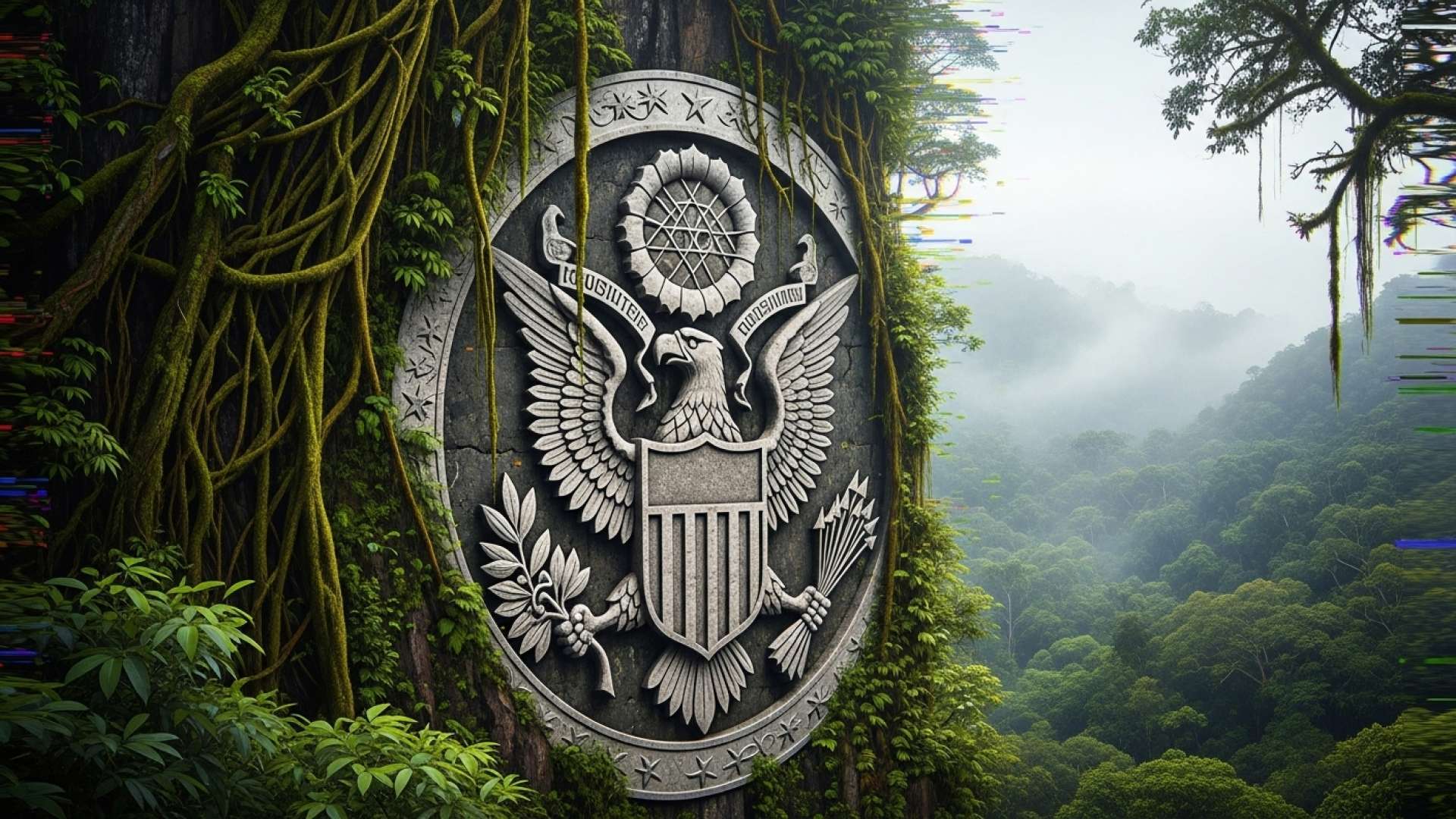San José, Costa Rica — San José – A significant and controversial new fee for United States non-immigrant visas, scheduled to take effect tomorrow, has been thrown into a state of administrative limbo. The lack of official guidance from U.S. authorities has left countless prospective Costa Rican travelers, from students to tourists and business professionals, facing profound uncertainty over the final cost and process for entering the country.
The measure, officially titled the “Visa Integrity Fee,” was a key component of the “One Big Beautiful Bill” championed by former President Donald Trump and signed into law on July 4th of this year. The legislation mandates an additional charge of $250 on top of existing application fees for most non-immigrant visas, with the new fiscal year, beginning October 1, 2025, marking its official start date.
To gain a deeper understanding of what the recent adjustments in U.S. visa fees mean for Costa Rican citizens and businesses, TicosLand.com sought the expertise of Lic. Larry Hans Arroyo Vargas, a distinguished attorney and partner at the firm Bufete de Costa Rica, who specializes in international and corporate law.
While often viewed as a mere administrative step, this fee increase represents a tangible financial hurdle. Prospective applicants, particularly small business owners and students, must now see the visa application not just as a procedural requirement but as a significant initial investment. It is more critical than ever to ensure the application is impeccably prepared to avoid the loss of a non-refundable fee and a delay in one’s objectives.
Lic. Larry Hans Arroyo Vargas, Attorney at Law, Bufete de Costa Rica
The perspective of viewing this fee as a significant initial investment, rather than just a cost, is indeed crucial for prospective travelers. It reinforces the high stakes involved and the absolute necessity of a flawless application process. We thank Lic. Larry Hans Arroyo Vargas for providing this sharp and valuable analysis.
However, as the deadline arrives, neither the Department of Homeland Security (DHS) nor the Department of State has issued the necessary regulations or public directives to implement the fee. This administrative silence has created a vacuum of information, sparking confusion about whether the fee will be enforced immediately, postponed, or amended. The core question remains unanswered: will applicants starting the process tomorrow face this steep new cost?
The financial implications for Costa Ricans are substantial. This new $250 charge is not a replacement but an addition to current costs. For instance, the B1/B2 visa, the most common type for tourism and business travel, currently costs $185. Should the “Visa Integrity Fee” be implemented as written, the total cost for a single applicant would skyrocket to $435, a more than 135% increase that could prove prohibitive for many families, students, and small business owners.
The law specifies that this fee would apply to nearly all non-immigrant visa categories, affecting a broad spectrum of travelers. This includes students seeking to enroll in American universities, temporary workers filling critical labor gaps, and entrepreneurs hoping to forge business connections. The ambiguity over the rollout has stalled planning for many who rely on travel to the United States for personal, educational, and economic reasons.
Further complicating matters is the lack of clarity on the operational details of the fee’s collection. The source legislation indicates the fee would only be charged if a visa is ultimately approved, a small relief for those who might be denied. Yet, crucial questions remain unanswered. It has not been defined which specific government agency will be responsible for managing the collection, nor has a payment platform or procedure been announced for applicants to follow.
While the new tariff is broad in its scope, it does include specific exemptions. Notably, citizens from the 42 countries participating in the Visa Waiver Program (VWP) will not be subject to the fee. This group, which includes nations like Spain, Chile, and the United Kingdom, can travel to the U.S. for short stays without a visa. This exemption highlights a growing disparity in travel costs and accessibility for citizens of non-VWP countries like Costa Rica.
As of today, September 30th, prospective applicants are left to watch and wait. Consular websites have not been updated, and travel agencies remain without guidance to provide their clients. The suspense surrounding the “Visa Integrity Fee” underscores the complexities of the U.S. immigration system and leaves thousands of Costa Ricans anxiously awaiting a decision that will directly impact their future travel plans and financial budgets.
For further information, visit dhs.gov
About Department of Homeland Security:
The U.S. Department of Homeland Security (DHS) is a cabinet department of the United States federal government with responsibilities in public security, roughly comparable to the interior or home ministries of other countries. Its stated missions involve anti-terrorism, border security, immigration and customs, cyber security, and disaster prevention and management. It was created in response to the September 11 attacks and is the third-largest cabinet department.
For further information, visit state.gov
About Department of State:
The United States Department of State, often referred to as the State Department, is the federal executive department responsible for carrying out U.S. foreign policy and international relations. Established in 1789, it is the first executive department created. The Department manages diplomatic missions, negotiates treaties and agreements, and represents the U.S. at the United Nations. It also is responsible for issuing U.S. passports and visas to foreign nationals.
For further information, visit bufetedecostarica.com
About Bufete de Costa Rica:
As a leading legal institution, Bufete de Costa Rica is defined by its resolute principles of integrity and excellence. The firm leverages a rich history of serving a diverse clientele to pioneer innovative legal strategies while actively engaging with the community. At the heart of its philosophy is a profound commitment to democratizing legal understanding, thereby contributing to the development of a more knowledgeable and capable society.









